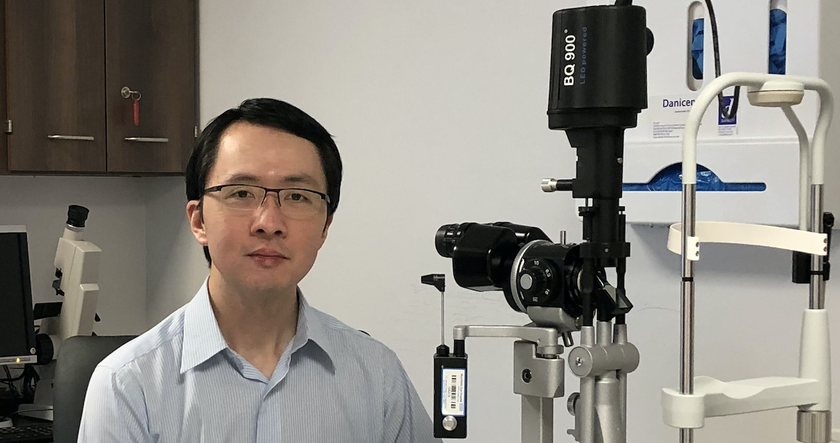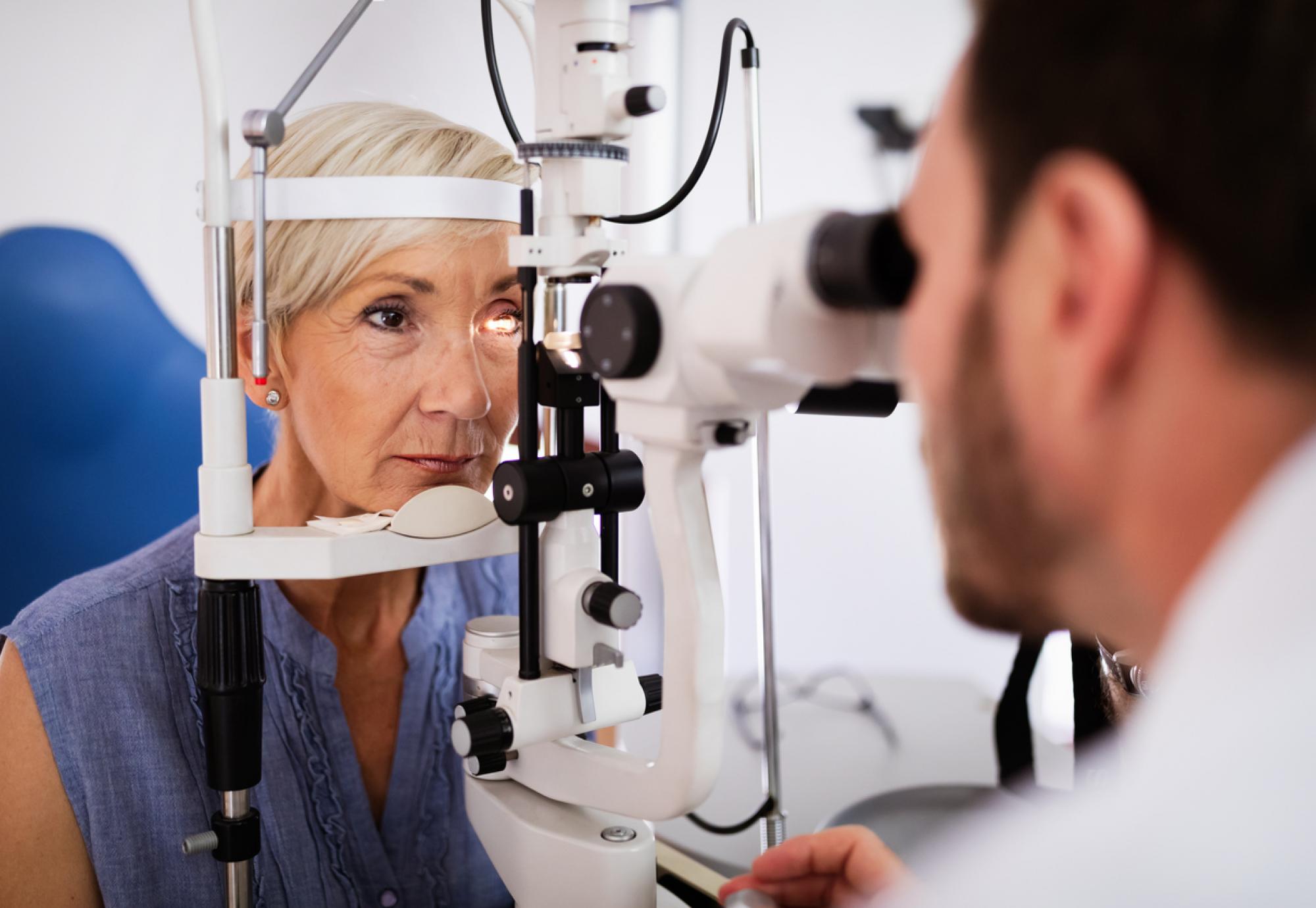A team from Addenbrooke's Hospital NHS Trust is leading research into new treatments which could help reverse hereditary blindness. One of the key focuses will be on Leber Hereditary Optic Neuropathy (LHON), which is a disease caused by a gene mutation in the mitochondrial genome, triggering rapid loss of vision in mostly young adults.
The trial will be run at Addenbrooke’s in Cambridge and Moorfields Eye Hospital in London, which will be ran by Dr Patrick Yu Wai Man and his team. This is thought to provide a better understanding of LHON, and whether gene therapy can help restore sight in some people with this condition.
The trial is funded by an NIHR Moorfields Eye Charity Advanced Fellowship and supported by the NIHR Cambridge Biomedical Research Centre (BRC).
Dr Yu Wai Man said: “Without this level of commitment for rare diseases from the NIHR, we wouldn’t be able to conduct this kind of trial to try and save people’s sight.”
In the pilot phase, 30 patients will be recruited who will be split into two equal groups. One group will receive gene therapy injections in both eyes, and the second group won’t receive the treatment. The patients will then be closely monitored over two years to see if the treatment improves their eyesight.
Dr Yu Wai Man explained: “Your eyes are the greatest camera you’ll ever own, and this disease is a devastating blow to people.
“You can go from being fit and well and then suddenly, within weeks, your vision deteriorates rapidly, and you are told you can be registered as blind.
“We know that this disease is hereditary and affects mostly young men. But there are still so many unanswered questions about this condition, and we need to find out more in order to identify suitable treatments.”

Recent research carried out by Dr Yu Wai Man and his team indicated that patients with LHON who have experienced loss of vision for up to one year, would benefit from gene therapy. This research can be found in the Science Translational Medicine journal.
The focus will now be on people who have had this condition for more than one year, which is the basis of the trial.
LHON is caused by genetic mutations in the mitochondrial genome – which is a unique piece of circular DNA that we inherit from our mother. It means that healthy cells in the retina are lost as a result. This then leads to optic nerve damage and severe loss of vision, resulting in a person then being registered blind. Treatment options for LHON are currently limited for this.
The reasons why LHON predominantly affects men and why it starts so abruptly are still unknown.
The trial will use a form of gene therapy (where a healthy version of the gene is inserted into cells of the retina using a harmless virus) in patients who have lost their vision between one to five years (chronic LHON).
Dr Yu Wai Man added: “We know the disease quickly kills off healthy cells in the retina and we want to try and bring as many cells as possible from the brink to prevent further sight loss and potentially improve vision.
“If we are successful, this breakthrough could be life-changing, and it will also provide hope to people with visual impairment from other genetic diseases that affect the optic nerve.
“I’m very excited about what we’re going to learn and achieve in the next few years working closely with patient organisations. We may not be able to restore normal sight 100%, but if we could improve vision enough to have a positive impact on someone’s quality of life, that is the most important thing.”
You can find out more information on the NIHR Fellowship Programme.



















